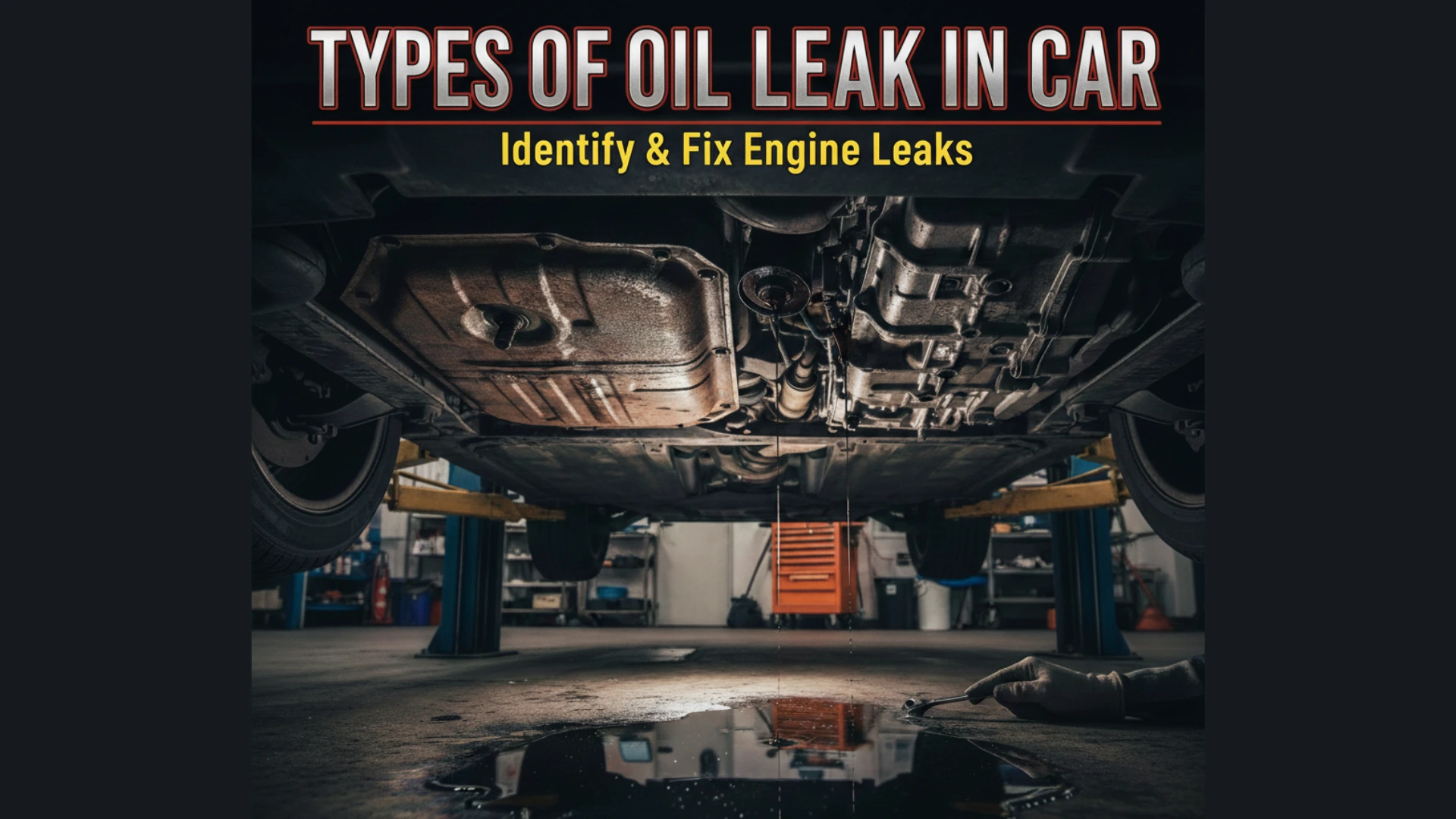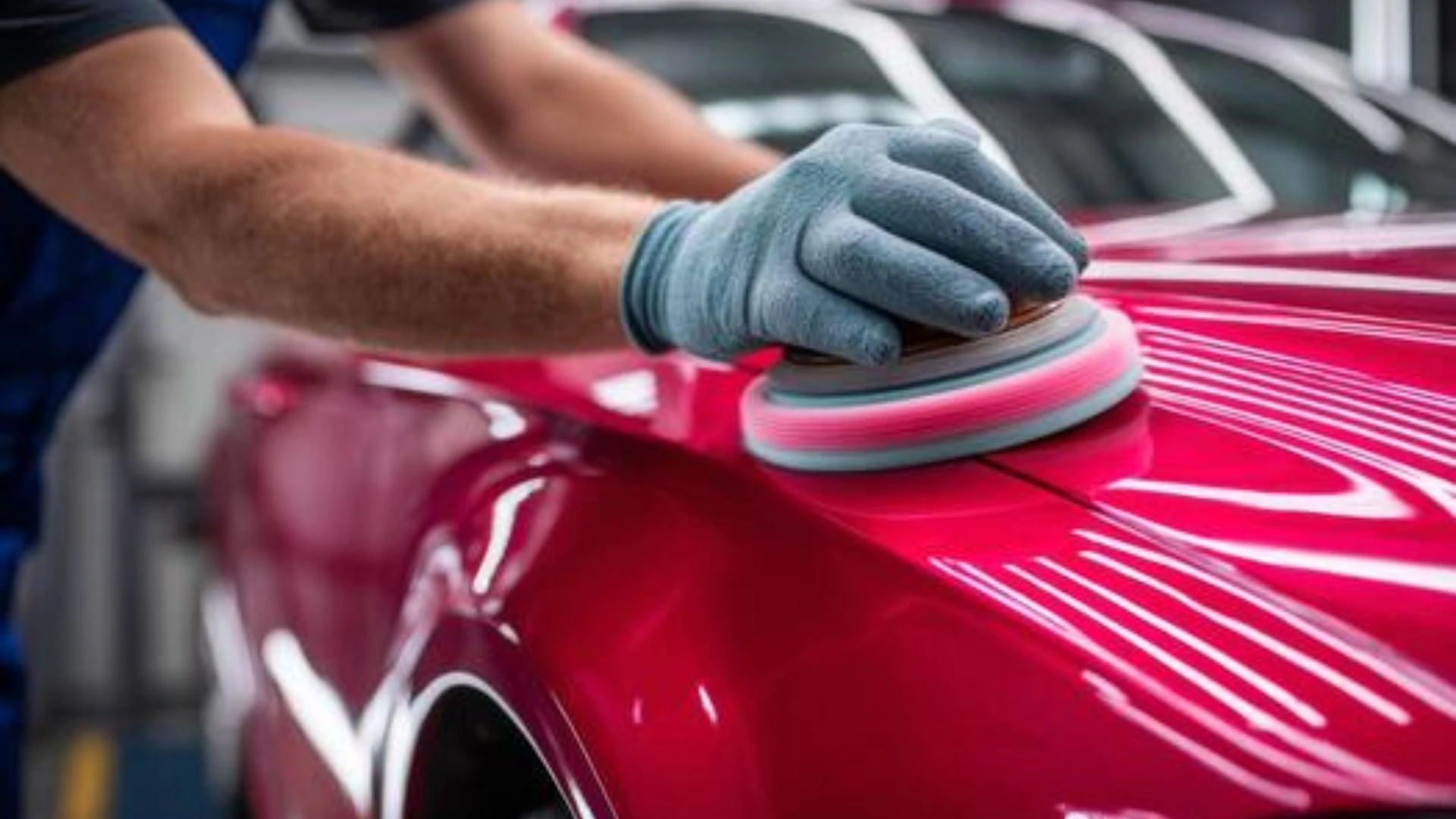
Table of Content
▼- What Are Car Modifications?
- How Vehicle Modifications Can Affect Your Premiums
- Legal Framework for Vehicle Modifications in India
- What Could Go Wrong If You Do Not Declare Modifications to Your Insurer?
- Checklist: What to Do Before and After Modifying Your Vehicle
- Common Misconceptions About Modifications and Car Insurance
- Conclusion
Car customizing is an increasing trend in India, especially for young drivers who upgrade their vehicles to improve performance or reflect their identity. The car customizing industry, from performance improvements like turbo kits to cosmetic enhancements like alloy wheels, is growing in popularity among many car owners. However, a number of modified car owners are unaware of the impact these changes may have on their car insurance rates, policy terms, and legality.
It is important to understand how Car Modifications can affect car insurance and compliance with Indian law before making any changes.
What Are Car Modifications?
Car Modifications refer to any change from the original factory specifications of a vehicle. These are generally classified into three categories by transport authorities and insurers:
- Performance Modifications
Changes made to improve engine size, speed, and handling: - Turbochargers or superchargers
- Engine tuning or remapping
- Advanced suspension upgrades
- Cosmetic Modifications
Modifications aimed at improving or customizing the vehicle’s exterior look: - Alloy wheels
- Vinyl wrap or custom paint
- Vinyl decals, stickers, or body kits
- Safety and Security Modifications
Enhancements aimed at improving vehicle safety or preventing theft: - Reverse parking sensors and cameras
- Certified anti-theft alarm systems (ARAI-approved)
- Dashboard cameras
Note: Even minor changes such as tinted windows or upgraded headlights may be considered modifications depending on your car insurance provider.
Also Read: Car Wrapping in India Cost Benefits and Legal Guidelines
How Vehicle Modifications Can Affect Your Premiums
In India, car insurance companies assess premiums based on the risk associated with the vehicle. Modifications that boost performance, alter the car's aesthetics, or raise the risk of theft generally lead to higher car insurance premiums.
Modifications That May Increase Premiums
|
Modification Type |
Estimated Premium Change |
Reason |
|
Turbochargers / Engine remapping |
80% to 130% |
Increases speed and accident risk |
|
Alloy wheels |
5% to 10% |
Makes the vehicle more attractive for theft |
|
Custom body kits / spoilers |
10% to 25% |
May negatively affect handling and safety |
|
Suspension upgrades |
20% to 30% |
Alters road behavior of the car |
Modifications That May Decrease Premiums
|
Modification Type |
Estimated Premium Impact |
Reason |
|
ARAI certified anti-theft devices |
2% to 5% decrease |
Reduces the risk of theft |
|
Rear parking sensors or cameras |
Somewhat of a decrease |
Helps prevent accidents while parking or reversing |
|
Dash cameras |
Neutral to slightly decrease |
Supports accident claims with video evidence |
Legal Framework for Vehicle Modifications in India
Vehicle modifications in India are governed by the Motor Vehicles Act of 1988. A Supreme Court ruling in 2019 further clarified that structural changes beyond the manufacturer's specifications are not allowed unless approved by the RTO.
Allowed vs Not Allowed Changes
|
Modification Type |
Legal Position in India |
RTO Action Required |
|
Cosmetic changes (paint, wraps) |
Allowed with a note in RC |
Update RC to reflect visual changes |
|
Performance upgrades |
Generally restricted |
Re-registration with RTO if approved |
|
Structural changes |
Not permitted without approval |
Generally not granted |
|
ARAI-approved safety devices |
Completely legal and recommended |
No additional approval needed |
Failure to declare Car Modifications may result in fines, registration issues, or car insurance claim rejection.
What Could Go Wrong If You Do Not Declare Modifications to Your Insurer?
Not informing your car insurance provider about Car Modifications—intentionally or unintentionally—can lead to serious consequences:
- Claim Denial: Undisclosed modifications can lead to rejection of accident-related claims.
- Policy Cancellation: Insurers may cancel the policy if they discover undeclared changes.
- No Coverage: You may not be covered for the value or risks of the modification.
- Criminal Liability: Unapproved changes may attract legal action under the Motor Vehicle Act.
To avoid these risks, always declare Car Modifications and get approval where necessary.
Checklist: What to Do Before and After Modifying Your Vehicle
Before Modification
- Check if the modification is legal in India.
- Consult your car insurance provider to understand how it affects your policy and premium.
- Keep all receipts and installation certificates for documentation.
After Modification
- Inform your car insurance provider and submit all necessary documents.
- Notify the RTO to update your RC if visual changes have been made.
- Request an updated Insured Declared Value (IDV) from your insurer.
Common Misconceptions About Modifications and Car Insurance
|
Myth |
Reality |
|
Only major modifications matter |
Even small changes like wheel upgrades can affect car insurance |
|
If it looks good, it must be legal |
Many cosmetic enhancements are illegal under Indian regulations |
|
Insurers only care about engine upgrades |
Aesthetic changes can increase theft risk, affecting car insurance |
|
Safety devices may not be accepted |
Certified safety devices are encouraged and may reduce car insurance premiums |
Conclusion
Personalizing your car can be exciting, but it also brings legal and financial responsibilities. In India, modifying your vehicle can impact your car insurance premiums depending on the type, scale, and risk of the modifications. Additionally, some changes are illegal unless approved by the RTO under applicable laws.
To stay protected:
- Notify your car insurance provider
- Obtain legal approvals if required
- Maintain proper documentation
This ensures your car insurance remains valid and provides financial protection in case of accidents or theft. Staying informed and compliant can prevent significant problems in the future.
Also Read: Legal and Illegal Car Modifications in India: A Complete Guide
Follow Autonexa Whatsapp Channel to stay updated with the latest happenings in the automobile industry.
Deepika Chauhan
Auto Care Specialist & Vehicle Maintenance Advisor Deepika Chauhan is a car care expert with 8+ years of experience in authorized service centers and independent garages. Her articles focus on DIY maintenance, service schedules, and tips that help car owners keep their vehicles in top condition.




_1770807147.webp)
